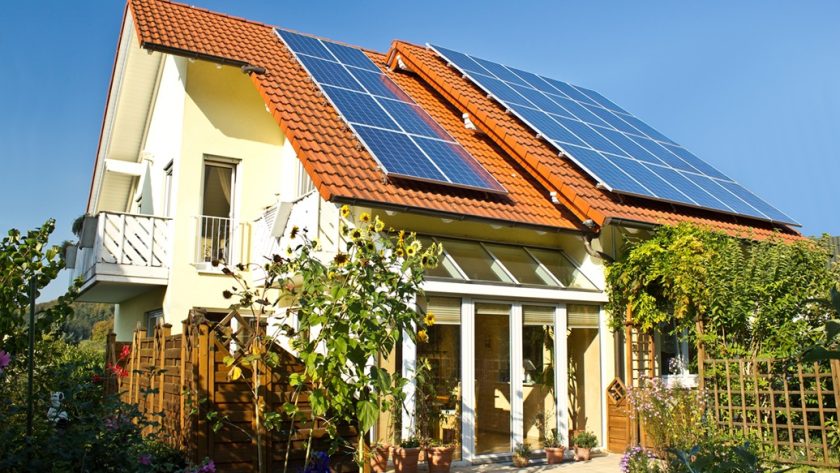Powerwall is a popular home battery storage system that allows homeowners to store excess energy generated by solar panels or from the grid for use during peak hours or in case of power outages. One of the main considerations when choosing a Powerwall system is determining how much capacity you really need.
The capacity of a Powerwall system is measured in kilowatt-hours (kWh) and refers to the amount of energy it can store. The higher the capacity, the more energy it can store and the longer it can power your home. However, having too much capacity can be costly and unnecessary, while having too little could leave you without power when you need it most.
To determine how much capacity you really need, consider your average daily electricity usage. This can be calculated by looking at your monthly electricity bills and dividing the total kWh used by 30 days. This will give you an estimate of how much energy your household consumes on a daily basis.
Next, consider how long you want your Powerwall system to be able to provide backup power. If you only want it to cover short outages or peak demand periods, then a smaller capacity may be sufficient. However, if you want it to provide backup power visit for more insights extended periods or during frequent outages, then a larger capacity may be necessary.
It’s also important to consider any future changes in your electricity usage or lifestyle that could impact your energy needs. For example, if you plan on adding more appliances or electric vehicles to your home in the future, then you may need a larger capacity Powerwall system to accommodate these changes.
Additionally, consider whether you have solar panels installed on your property and how much excess energy they generate. A larger solar array could reduce the amount of energy stored in your Powerwall system since it will be able to directly power some of your household appliances during daylight hours.
Finally, take into account any local incentives or regulations that may affect the size of Powerwall system you can install. Some utility companies offer rebates for installing battery storage systems with certain capacities, while others may have restrictions on how large of a system can be installed based on local regulations.
In conclusion, understanding Powerwall capacity is essential for ensuring that you choose the right size system for your home’s needs. By considering factors such as average daily electricity usage, desired backup power duration, future changes in energy needs, solar panel output, and local incentives/regulations; homeowners can make an informed decision about how much capacity they really need for their Powerwall system.




